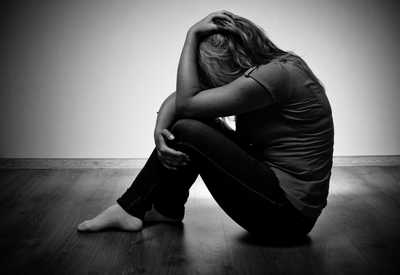
Domestic violence leaves victims and their families distraught and concerned. For some, domestic abuse may present itself clearly in physical altercations; but for others, abuse may occur in subtle put-downs. No matter the abuse or its severity, all victims have the right to recognize and report an abuser.
Domestic violence is apparent in all walks of life. One individual may face offensive comments in their intimate relationship with their spouse. A child may face physical abuse from their parents. Elderly individuals may face emotional attacks in nursing homes. Understanding the signs of domestic violence may help you identify when to seek immediate protection and when you should speak with a domestic violence attorney. Under no condition should domestic violence be present in your relationships, and you deserve to be free from any assault.
Examples of domestic violence
Those that commit domestic violence do so without a victim’s consideration. They may use physical, sexual or emotional abuse to control a relationship.
According to the Domestic Abuse Intervention Project, abusers may use the following tactics that indicate domestic violence acts:
- Isolating you from your family and friends
- Minimizing your abilities in work or education
- Making you feel guilty about your parenting
- Threatening to hurt or kill you
- Destroying your property to intimidate you
- Humiliating you in front of others
- Blaming you for their aggressive behavior
- Physically harming you
- Using weapons to coerce you into doing something
These examples only outline a few of the acts that a domestic abuser may use against a victim, and although your own experience may not fit the above scenarios, it is essential that you gain immediate assistance if you feel that you are facing domestic violence.
Your options when facing domestic violence
For many abusers, the goal of domestic violence is power and control. Victims may not understand that they face illegal actions or may be afraid to leave a relationship and report an issue. The National Domestic Violence Hotline helps individuals seek immediate and long-term protection from violence.
Further, protective orders exist in both New Jersey and Pennsylvania that can cease any contact an abuser has with a victim. Even if the abuser lives inside your home, these orders force an abuser to leave the premises or face prosecution. An attorney can help you draft these requests, as well as help you prosecute an abuser in court.
You are not alone. If you fear that you, a family member, friend, acquaintance or even a stranger is a victim of domestic violence, please contact the police or a domestic violence reporting line immediately.

